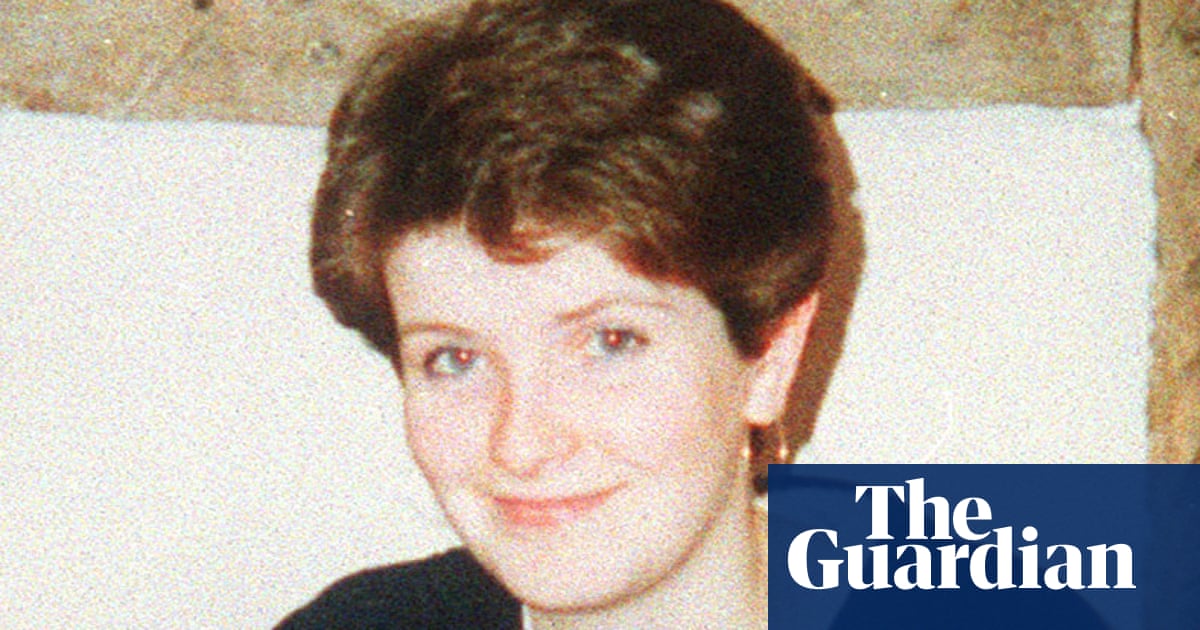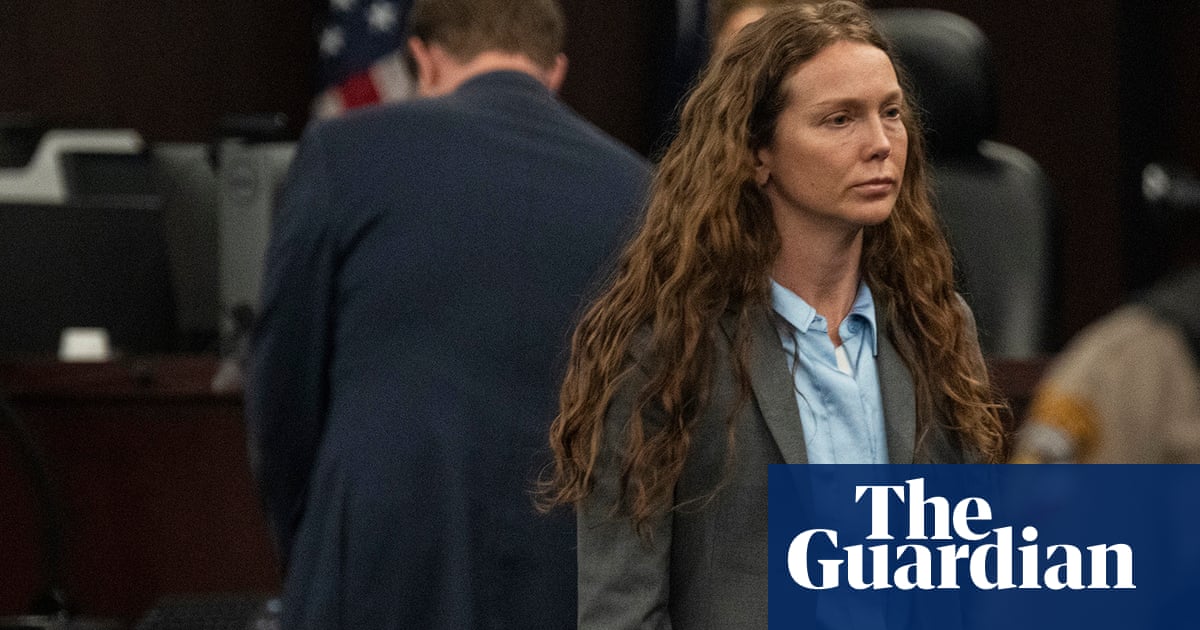
A parent accused of organising a campaign against the history teacher decapitated outside his school near Paris last week exchanged text messages and phone calls with the killer, French media have reported.
Citing police sources, Europe 1 radio said investigators had uncovered traces of several text messages between the father of a pupil at the school and the 18-year-old killer in the days leading up to Samuel Paty’s death last Friday, along with phone conversations.
The father had posted his telephone number on Facebook with a video in which he called for Paty, 47, to be fired after the teacher showed pupils two caricatures of the prophet Muhammad alongside other cartoons as part of a discussion on free speech.
Paty was stabbed and beheaded outside his secondary school in Conflans-Sainte-Honorine, about 20 miles north-west of Paris, by Abdullakh Anzorov, of Chechen origin, who was shot dead by police soon afterwards.
French authorities said on Tuesday a well-known mosque in a northern Paris suburb would be closed as part of their clampdown on Islamist groups and suspected extremists as a result of the killing.
As the police investigation continued into networks suspected of promoting extreme religious beliefs, spreading hate and encouraging violence, the interior minister, Gérald Darmanin, said the mosque in Pantin would be closed for six months from Wednesday.
Before the attack the mosque, which has about 1,500 worshippers, had reportedly reposted one of the father’s videos on Facebook amid a fierce online campaign against the teacher and the school led by the father of the pupil, who had not herself attended the lesson.
The education minister, Jean-Michel Blanquer, said on Tuesday Paty would be posthumously granted France’s highest award, the Légion d’Honneur. A national ceremony will be held at the Sorbonne University in Paris on Wednesday.
The president’s wife, Brigitte Macron, who will be unable to attend the ceremony because she is self-isolating after coming into contact with a person who tested positive for the coronavirus, published an open letter to Paty.
“Today we are all teachers,” the former teacher of French said. “Being a teacher is about transmitting and anticipating … It’s about developing pupils’ critical spirit to make them free. All that, Samuel, you knew, and better still, you were its incarnation.”
Paris prosecutors also announced on Tuesday that they had opened an investigation into a French neo-Nazi website hosted abroad that had republished the photo of Paty’s decapitated body posted to Twitter by the killer.
A junior interior minister, Marlène Schiappa, met senior executives from social media platforms including Facebook, Twitter and Snapchat to discuss ways of better combating what the ministry called “cyber-Islamicism”.
French officials and politicians have said Paty’s killing should act as a catalyst for new legislation in France – and possibly the EU – aimed at making social media platforms more accountable for the content they host.
Both the father and Abdelhakim Sefrioui, a well-known Islamist radical who also posted videos online and campaigned for Paty’s removal, were among 16 people arrested in connection with the killing, including four members of Anzorov’s family.
Five pupils from the school, who were suspected of having accepted payment for pointing Paty out to Anzorov, were also in custody on Tuesday.
Darmanin on Monday accused Sefriou and the father of issuing a “fatwa” against Paty. The head of the Pantin mosque, M’hammed Henniche, said on Tuesday he had shared the video because he felt Muslim children were being singled out in class.
Authorities are targeting suspect groups within the Muslim community and have said they expect to dissolve several of them. Darmanin and the president, Emmanuel Macron, attended a special meeting of the national anti-Islamist committee on Tuesday.
Macron promised a tougher clampdown on Islamist activity after the meeting. “This is not a question of making new announcements,” he said. “Our fellow citizens expect acts. These acts will intensify.”
The president is under pressure to come up with an effective response to the latest in a series of Islamist terror attacks that have rocked France since the 2015 Charlie Hebdo massacre, in which 12 people were killed in the offices of the satirical weekly after it published cartoons of the prophet Muhammad.
More than 240 people have died in France from Islamist violence since 2015, prompting opposition politicians – particularly on the right – to accuse the government of waging a battle of words rather than taking decisive action.












